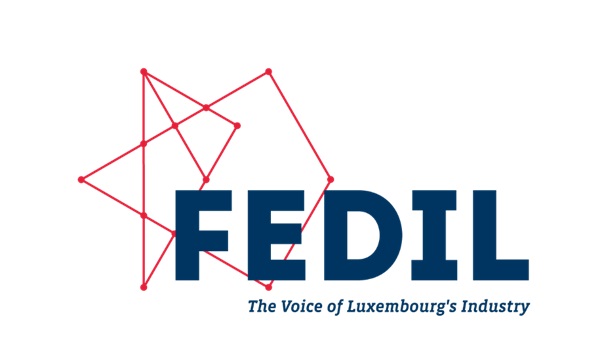
On Tuesday 19 March 2024, FEDIL issued a warning expressing concern over the bureaucratic burden imposed by the duty of vigilance legislation approved by Member States, highlighting potential negative impacts on European competitiveness and internal market harmonisation.
While rallying behind the objectives of sustainability in supply chains and the principles of fairer trade in the European market, FEDIL noted it has “always welcomed the choice of a European initiative”.
FEDIL added it would be unimaginable for a small economy like Luxembourg’s, which depends on cross-border flows of products, services and capital, to work on its own. Only identical standards imposed by the European bloc as a whole are likely to produce the desired effects on the countries and companies of origin, FEDIL added.
Considering the text on the duty of vigilance of companies which the Member States approved on 15 March and which will be submitted to the vote of the European Parliament, FEDIL highlighted the related bureaucratic burden which will likely weigh on all European companies, and particularly on SMEs.
According to FEDIL, this text does not reflect the ambition announced by the Commission to reduce the number and simplify regulations for the benefit of the competitiveness of European companies but is in line with legislation which has marked the last five years, during which businesses in the EU have lost significant ground compared to their third-country competitors.
FEDIL expressed concern at the lack of harmonisation which constitutes a real threat to the internal market. This lack of harmonisation may complicate and increase the task for all companies, small or large, because intra-market flows will risk being jeopardised by divergent national provisions, thus weakening one of the foundations of European construction, namely the interior market.
Furthermore, FEDIL emphasised that questions of feasibility have been neglected throughout the legislative process. Questions arose such as:
- To what extent are companies capable of imposing their values and rules on third countries?
- What will be the implications on security of supply for categories of products and raw materials mainly coming from critical origins, knowing that the accountability of companies will motivate them to rule out dubious or less transparent sources?
FEDIL criticised the fact that the text of the draft directive could not be improved on these essential points before its approval by the Council. “If the European Parliament gives its approval without major adaptations on the aforementioned points, we can only hope that the transpositions and applications in 27 Member States will not confirm our worst fears in terms of administrative burden and disintegration of the internal market,” FEDIL concluded.








